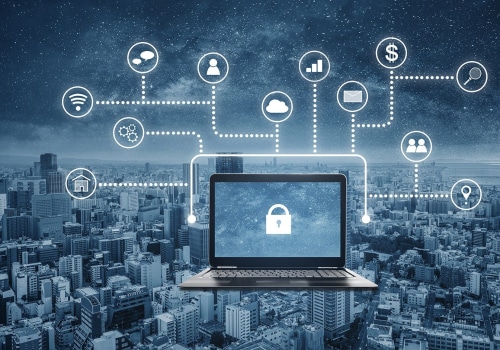The healthcare industry has embraced mobile computing at an unprecedented pace, with tablets, smartphones, and wireless medical devices now essential to patient care and administrative efficiency. From electronic health records (EHRs) to telemedicine platforms, mobile technology has transformed how clinicians access information, collaborate, and deliver treatment. Yet the sensitive nature of healthcare data and the complexity of hospital environments mean that mobile computing cannot rely on generic networking solutions. Instead, it requires specialized systems that prioritize security, reliability, and compliance. Understanding why mobile computing in healthcare demands specialized networking highlights the balance between innovation and responsibility in this critical sector.
Protecting Sensitive Patient Data
Healthcare providers are entrusted with vast amounts of personal information, from medical histories to insurance details, making data security paramount. Mobile devices increase the risk of breaches due to their portability and constant connectivity. Standard networks may not provide sufficient encryption or access controls to safeguard this data. Specialized networking solutions ensure that every device connected to the system complies with strict security protocols, including multi-factor authentication, advanced firewalls, and end-to-end encryption. By integrating these safeguards, healthcare organizations reduce the risk of costly data breaches and maintain compliance with regulations such as HIPAA.
Ensuring Reliability In Critical Environments
In hospitals and clinics, network reliability is not just a convenience—it is a matter of life and death. Clinicians depend on uninterrupted access to patient records, diagnostic tools, and communication channels to make timely decisions. Traditional networking systems may falter under the demands of high-volume traffic, leading to latency or downtime that could compromise patient care. Specialized healthcare networks are designed to handle these pressures, offering redundancy, load balancing, and prioritized bandwidth for mission-critical applications. This reliability ensures that doctors and nurses always have the information they need, exactly when they need it.
Supporting Telemedicine And Remote Care
The rise of telemedicine has further amplified the need for specialized networking. Video consultations, remote monitoring devices, and digital imaging all require high-speed, secure connections. A standard network may not deliver the performance necessary to support seamless interactions between patients and providers. Healthcare-specific networking solutions prioritize these functions, ensuring low latency and high-quality connections that enhance the patient experience. By enabling effective remote care, these networks extend the reach of healthcare services while maintaining the same standards of safety and reliability as in-person visits.
Facilitating Integration With Emerging Technologies
Healthcare continues to adopt emerging technologies such as artificial intelligence, wearable devices, and Internet of Things (IoT) applications. These tools add layers of complexity to existing infrastructures, demanding networks capable of supporting diverse devices while maintaining stringent security standards. Specialized solutions are scalable and adaptable, providing the flexibility needed to integrate new innovations without disrupting existing operations. Partnering with experts like Zambuki SEO in St Petersburg Florida illustrates how leveraging specialized technical guidance ensures that healthcare organizations not only meet today’s demands but also prepare for future advancements in mobile computing.
Conclusion: Building A Resilient Digital Foundation
Mobile computing has revolutionized healthcare, but it also presents challenges that cannot be solved with one-size-fits-all networking. Protecting sensitive data, ensuring reliability, supporting telemedicine, and integrating emerging technologies all demand specialized solutions designed with healthcare’s unique requirements in mind. By investing in these systems, healthcare providers can create a resilient digital foundation that supports innovation while safeguarding patient trust. In an industry where precision and reliability are non-negotiable, specialized networking is the bridge that connects mobile technology with safe, effective care delivery.







